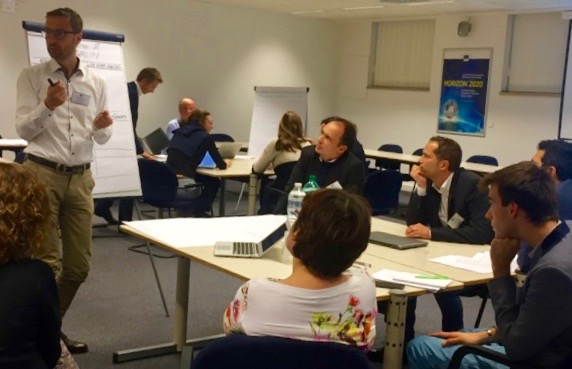How can national research programmes work better together?

date: 19/10/2017
“I think the wealth in Europe is in the variety of approaches that we have, and MLEs finally give us the opportunity to learn from that,” said the MLE Chair, Dr Jana Kolar, executive director of the CERIC-ERIC research infrastructure and former Director General of Science in Technology at the Slovenian Ministry of Higher Education, Science and Technology. She emphasises that the PSF value lies in the combination of external experts, with detailed policy knowledge, and participants who come with national perspectives and practical experience of the challenges.
The PSF Mutual Learning Exercise on Alignment and Interoperability of Research Programmes worked to identify transferable lessons that could improve all stages of the programming cycle – from strategy and planning, through funding and implementation, to evaluation and dissemination. Examples include:
- From Estonia, scientific counsellors who engage with other ministries on behalf of the Ministry of Education and research
- The Swedish funding approach, which uses a central research budget to leverage funding from other ministries
- Selection criteria, to help decide which joint research programmes to join, used by Austria, Slovenia and Portugal
- The German research ministry’s success in working with parliament to secure political commitment for joint programming
- And examples of networking and involving stakeholders from Austria, Denmark, France and Portugal.
Participants found the process itself, and the contacts made, almost as valuable as the policy lessons it identified.
“Getting a larger and closer network of colleagues in Europe is in itself alignment,” said Karin Schmekel, who participated on behalf of the Swedish Ministry of Education and Research. “The exchange of knowledge, problem solving and reflection on our own system and processes has been useful and encouraging.”
For further information:
The PSF Mutual Learning Exercise on Alignment and Interoperability of Research Programmes
